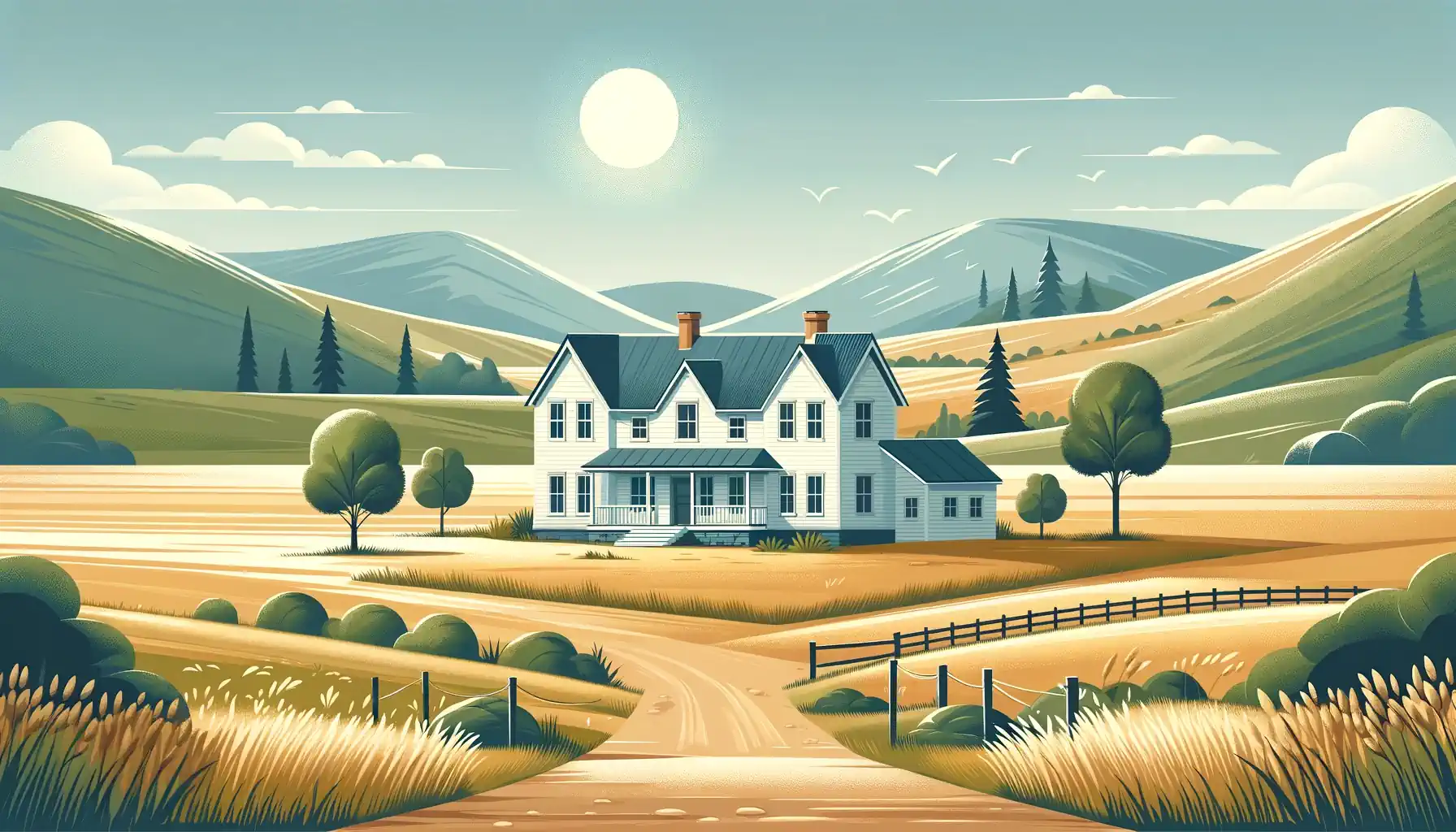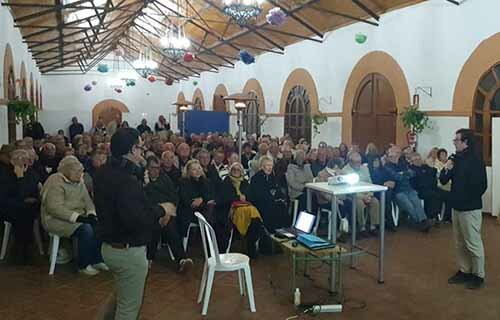1) Is my house legal?
If your house was newly built outside the town centre from 1975 onwards? Then it is almost certainly illegal because it was probably built on rural land (suelo rustica). It is illegal to have a new build property on rural land for any purpose other than farming**.
Owning rural land is quite acceptable and legal. It is common to have a Land Escritura. However the problems start when a house is built on that land. It is the HOUSE which is illegal, NOT the land!.
You should also have certain documents (though having these documents still does not necessarily guarantee legality)
SOHA.ES recommends that you ALWAYS consult with the Town hall architect before applying to see if it is actually legal.
You should also have these documents (though having them still does not necessarily guarantee legality) :
a) A copy of the building licence, (licencia de obra) from your Town Hall. Otherwise your property is at risk of possible demolition especially if the building has been built without planning permission (and even with planning permission but not on urban land!) or the building work has not been finalized for 6 years.
b) A copy of the architect’s project. This describes what has been built and in accordance with particular criteria and elements.
c) An end of works certificate from the architect (Certificado Final de la Direccion de la Obra), stating that the property was finished and when.
d) A License of First Occupation. This is issued by the Town Hall after checking that the property has been built in accordance with the planning permission and the architect’s project. This is necessary to properly contract electricity and water.
e) Installation Documents for electricity and water. These are needed to show that the electricity and water installations are in order, and for you to have proper contracts with the electricity and water companies.
f) A Title Deed (Escritura) in the names of the purchasers for the house and land. The deed should have been registered at the Spanish Land Registry (Hacienda). A private contract does not provide adequate protection – the property is at risk if such a title deed has not been registered.
NOTE
Having mains supply of water or electricity does NOT indicate legality.
Having mains sewerage is a better indication of legality, but it must be MAINS, and not a large (community sized) Pozo.
Having roads, street lighting and pavements do NOT indicate legality.
Some houses, in or too near main roads, public rights of way, or green belt areas, will NEVER be legal, and indeed a few MAY need to be demolished.
** Reformed Cortijos or houses built within the footings of older dwellings are still considered as an illegal house.
Full members can send their Catastral reference to the Membership secretary of SOHA.ES to check the registration of your house. This is especially recommended before you purchase a house.
2) Is my Land legal?
Land is always legal. A key indicator of legality is the designation of the land on which your property was or is to be constructed. You can only construct new build property on consolidated urban land (suelo urbano consolidado).
This webpage contains general information only. Always take qualified legal advice. However we recommend that you do NOT use a lawyer recommended by any other party to the transaction and if in doubt use a lawyer based at a reasonable distance from the location of your property.






